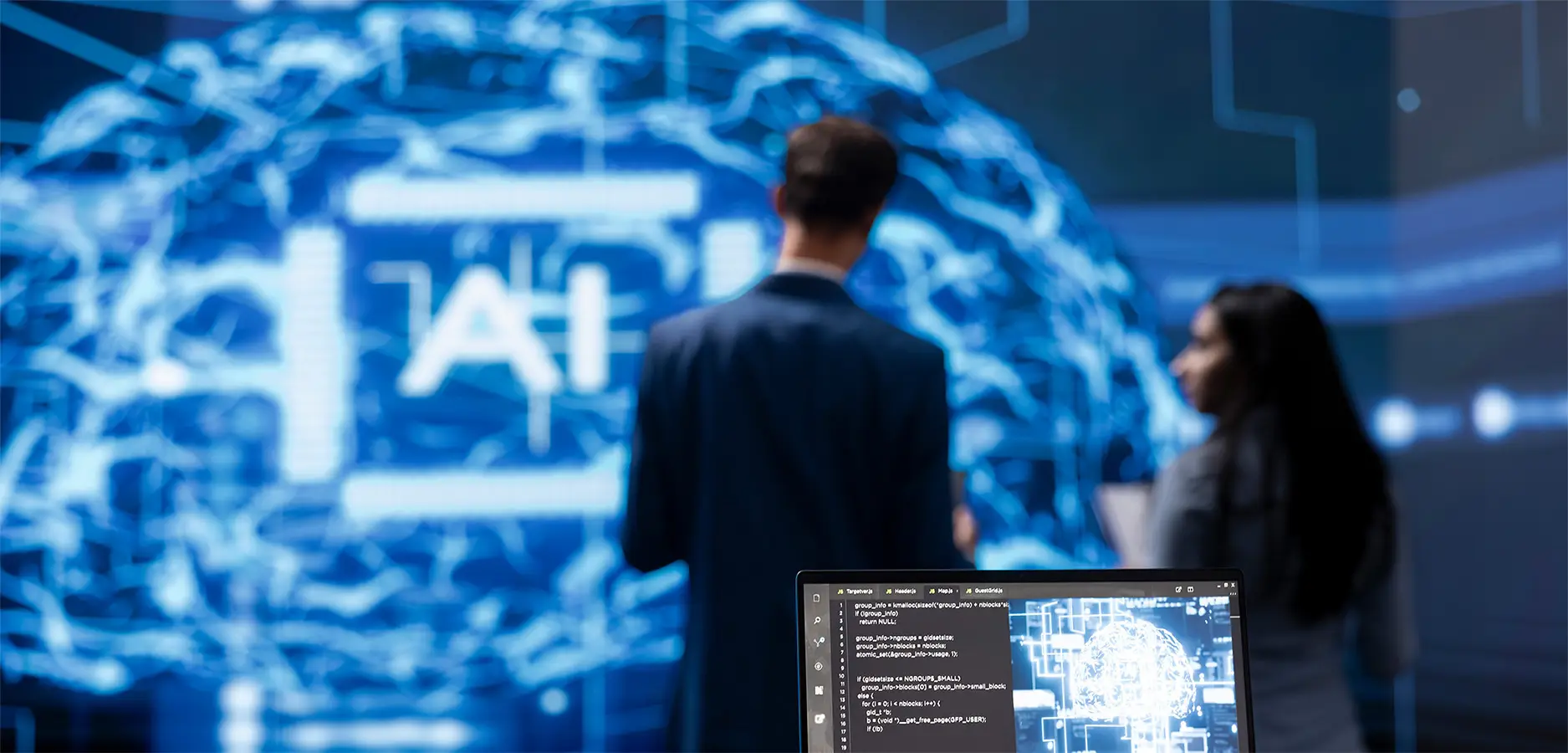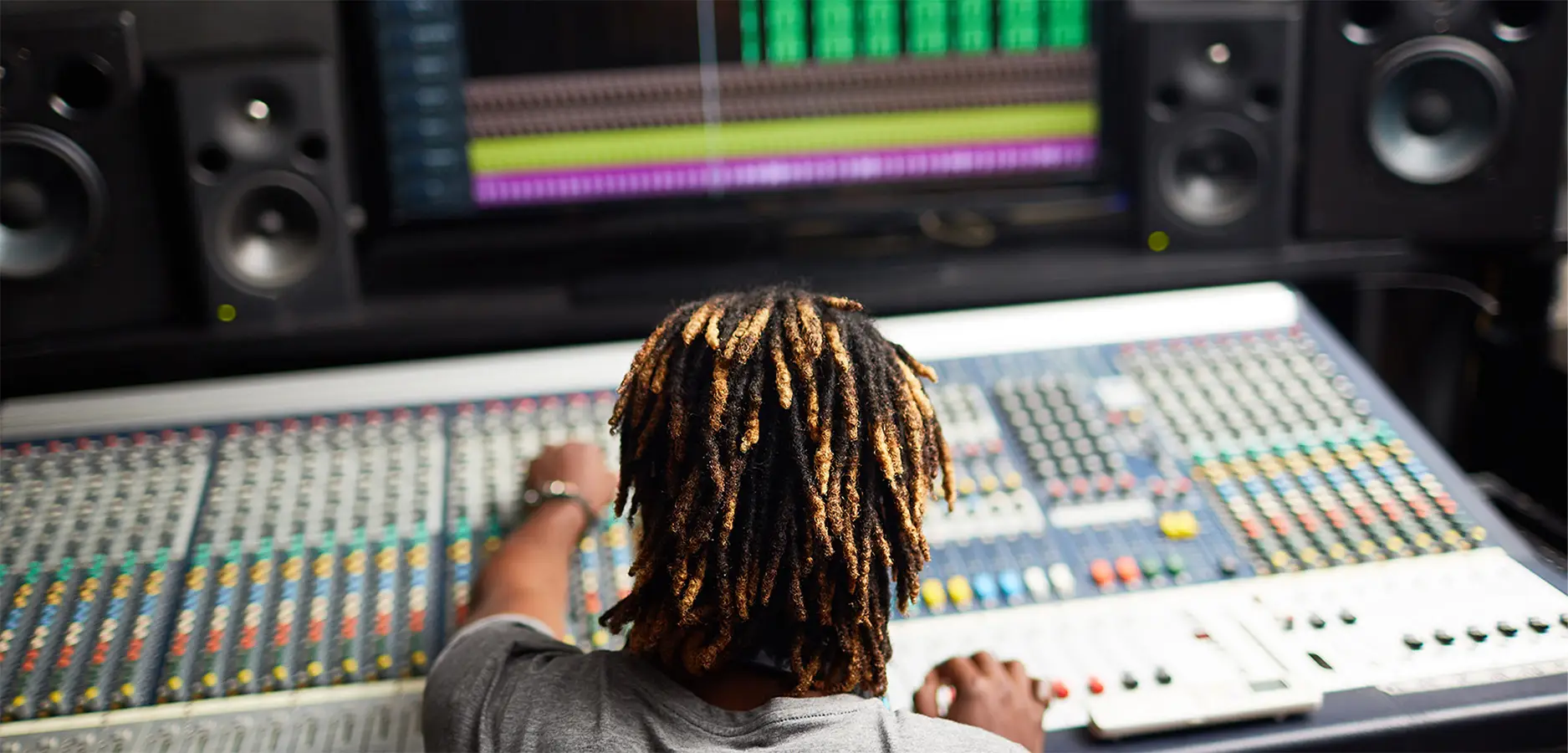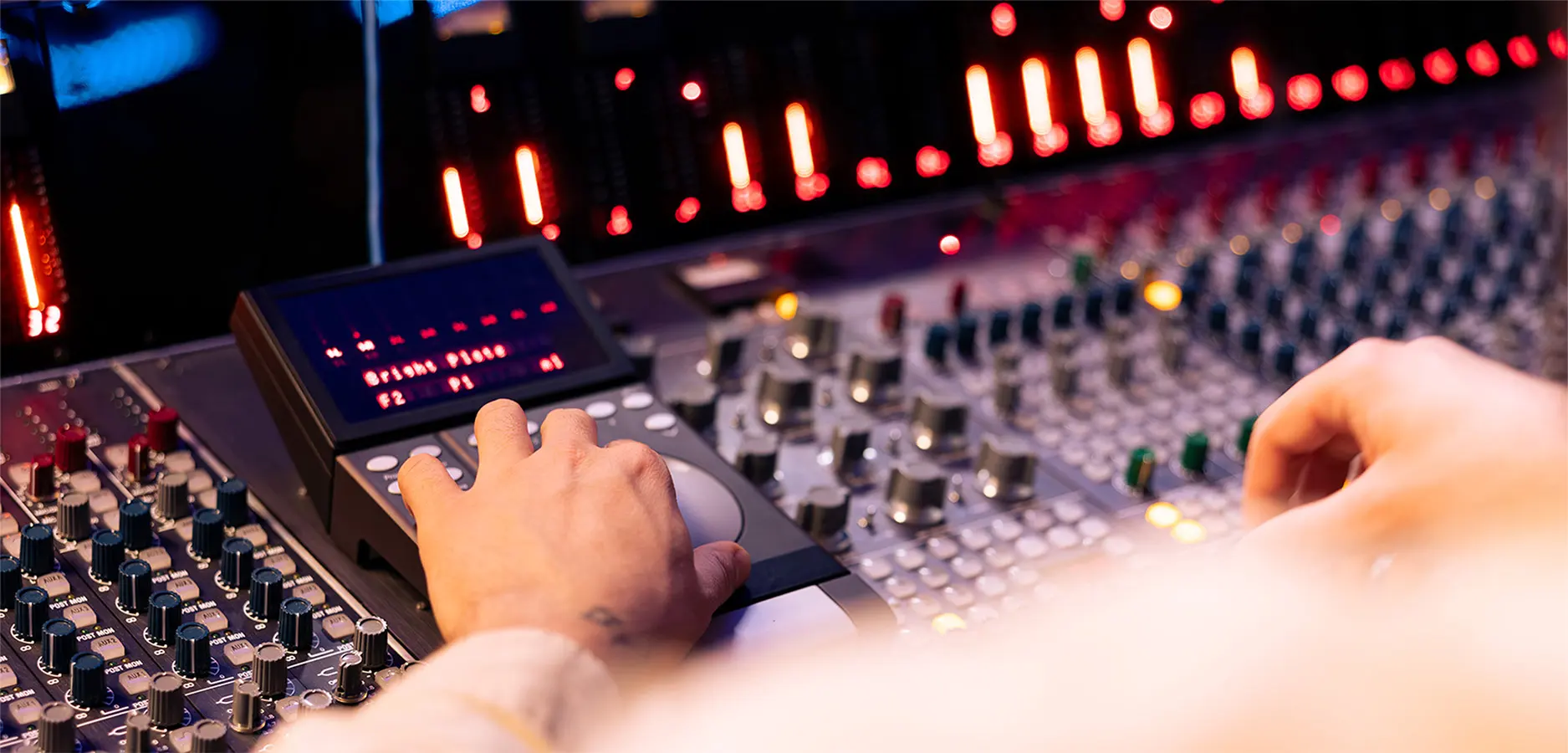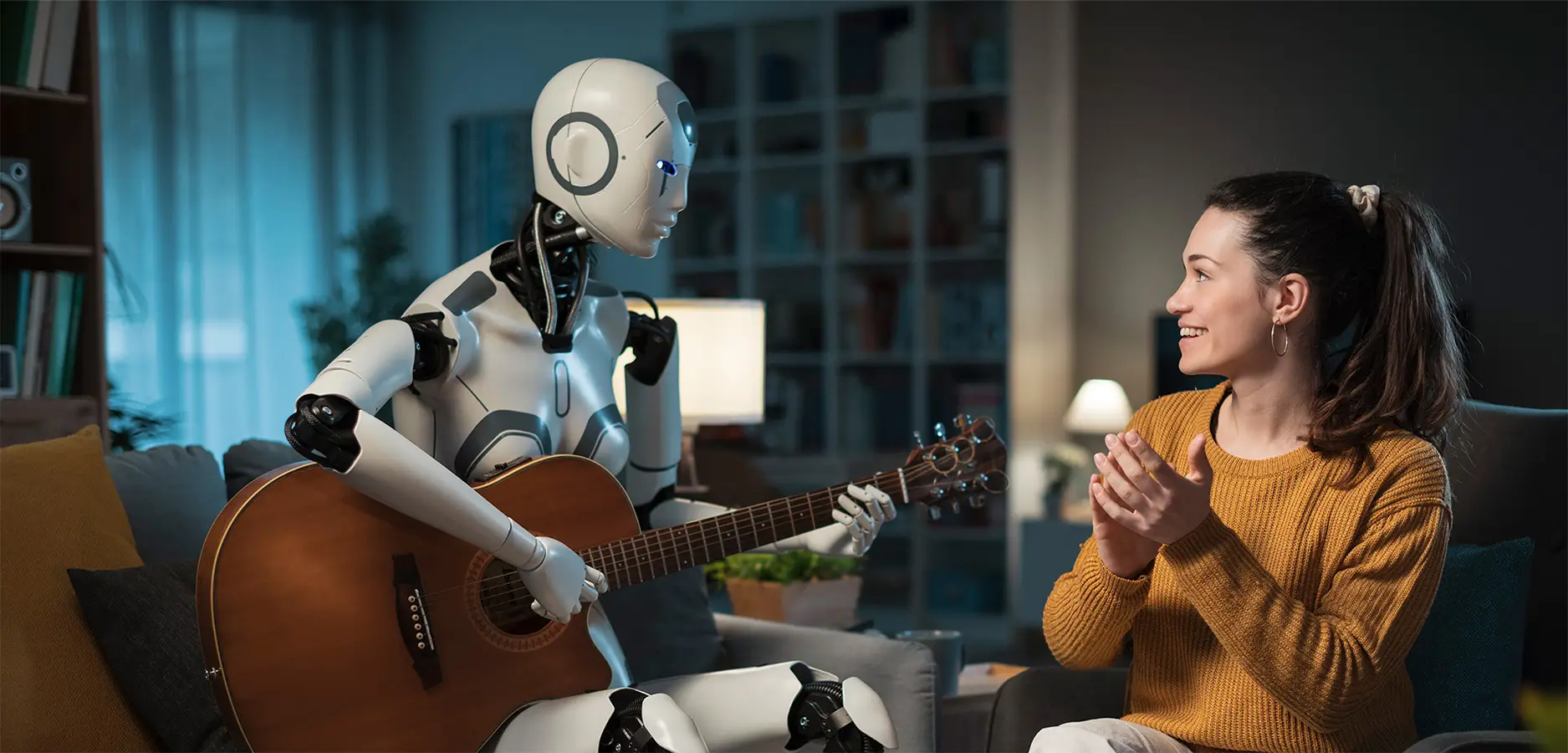In this article:
In 2025, you can upload a track, click a button, and in 60 seconds, get a “mastered” version of your song. Fast. Cheap. Technically loud.
But here’s the question: does it actually sound better?
More importantly: does it sound like you?
AI mastering is everywhere right now, and while it can be useful, it’s far from a real replacement for what an experienced human engineer brings to the table.
Let’s break down the difference—so you can decide what your music truly deserves.
1. AI Follows Patterns—Humans Understand Context
AI mastering tools are trained on thousands of tracks. They detect loudness, frequency balance, and dynamic range. Then they apply a preset chain based on what seems to “fit.”
Sounds smart, right?
Here’s the issue: music isn’t just about matching patterns.
Every track is different. Some need subtle enhancement. Others need reshaping.
An experienced human doesn’t just analyze waveforms—they listen with intention.
They understand the style, the emotion, the goal.
🎧 AI can make your track louder.
👂 A human can make it feel right.
2. Human Engineers Know When to Break the Rules
AI is safe. Predictable. Consistent.
But great mastering isn’t always about playing it safe.
Sometimes, a track needs:
-
Extra warmth in the midrange for emotional impact
-
A touch of grit to make the kick punch through
-
More headroom to preserve dynamics and musicality
These aren’t decisions you can code into a bot.
They come from taste, years of listening, and understanding what makes a mix come alive.
3. AI Can’t Hear the Artist’s Intention
Let’s say your track is meant to be aggressive, raw, and slightly lo-fi.
An AI might “correct” that.
It might flatten the edge, smooth the transients, normalize the chaos.
But a human mastering engineer will recognize the creative choice behind those decisions—and enhance it, not erase it.
Because music isn’t about being perfect. It’s about being intentional.
4. When AI Fails, You Learn Nothing
Here’s a key difference:
When you send your track to AI and the result doesn’t work, you’re stuck.
You don’t know what went wrong. You can’t ask questions. You can’t grow.
With a human engineer—especially one who explains their process—you gain clarity.
You understand why your low-end was muddy.
You hear how your vocal could’ve sat better.
You take that knowledge into your next mix.
5. Mastering Isn’t Just Technical—It’s Personal
A great master respects your sound. It doesn’t just flatten it into a generic streaming-friendly preset.
It brings out the best version of your mix, without losing what makes it yours.
And that’s why services like Master-E exist.
With Master-E, you don’t just get a finished track—you get an experience:
-
A pro engineer masters your song with real attention to detail
-
Then you receive a personalized video, showing exactly what was done and why
It’s not only about loudness or balance. It’s about showing you how to make every future track better—with insight tailored to your sound.
So… Is AI Useless? Not Always. But It’s Not the Answer Either.
AI mastering is fast. It’s convenient.
But if you care about growth, character, and clarity—you’ll outgrow it fast.
The truth is:
-
AI doesn’t ask what you want
-
It doesn’t know what you’re trying to express
-
It doesn’t care about emotion—just volume
Real music deserves more than that.
Final Thought: Trust the Ears, Not the Algorithm
The more time and emotion you put into a track, the more it deserves a finish that respects that effort.
Not a preset. Not an auto-pilot guess.
Experience, intention, taste—that’s what human engineers bring.
And when that experience is shared with you, like in a Master-E session, it becomes more than mastering.
🎛 It becomes part of your creative process.
🎧 Part of your sound.
🧠 And part of your growth.
Read other articles
 April 4, 2025
April 4, 2025Stop Letting AI Master Your Tracks (Here’s What You’re Missing)
Stop Letting AI Master Your Tracks (Here’s What You’re Missing)
 April 4, 2025
April 4, 2025What You Learn from Watching Your Track Get Mixed
What You Learn from Watching Your Track Get Mixed
 April 1, 2025
April 1, 2025The 5 Most Common Mixing Mistakes Producers Don’t Realize They’re Making
The 5 Most Common Mixing Mistakes Producers Don’t Realize They’re Making

